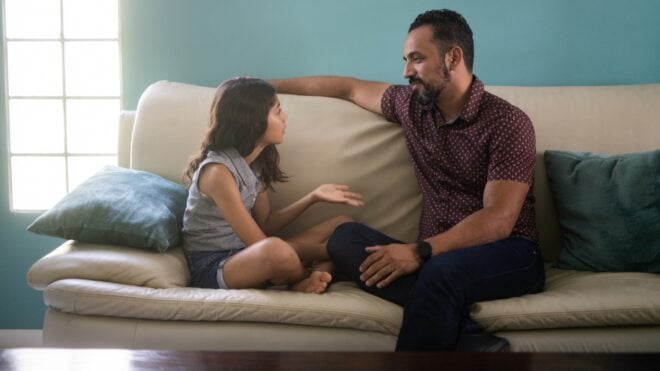This month, a year after Brittany Maynard released a video detailing her decision to move to Oregon in the last months so that she could die on her own terms, California Gov. Jerry Brown signed into law the California Assisted Death Bill. This death with dignity law makes California only the fifth state in the country to have legislation protecting the choice to die when diagnosed with a terminal illness.
The rest of the country needs to catch up.
RELATED: I'm Officially Part of the Sandwich Generation
Though Maynard was a native Californian, her state, like 46 others, had no protection for terminally ill patients wishing to seek a physician-assisted death to ease their passing. Diagnosed with Glioblastoma Multiforme, the most aggressive of terminal brain tumors, Maynard picked up all stakes and moved north to Oregon to take advantage of their more progressive approach to terminal illness.
In the last weeks of her life, Maynard opted to open up to the world in the hopes that sharing her story would put a very human (and young, attractive, non-threatening) face to the campaign to end life when diagnosed with a terminal condition to prevent unnecessary pain and suffering. She partnered with the non-profit Compassion & Choices to become a spokesmodel, of sorts, for dying with dignity.
When death is certain, when health care professionals can describe, in detail, precisely how the body will shut down and stop working, and a rough timeline of when, why not alleviate that pain?
I related to the story very personally, having lost both my mother and daughter to brain tumors. The specifics of dying from a brain tumor are difficult at best and traumatically brutal at worst. Watching my mother's year-long decline in 2004, and then my daughter's just five years later, provides an insight into Maynard's campaign and literal dying wish that I fully support.
Because neither my mother nor daughter were in a position to opt for an assisted death scenario for themselves, I cannot truthfully say how I might feel as a loved one of one who does. But I do know that I endorse another's right to do so themselves.
When death is certain, when health care professionals can describe, in detail, precisely how the body will shut down and stop working, and a rough timeline of when, why not alleviate that pain? Why are we champions, as a society, of compassionate death for our beloved pets but not for our mothers or fathers, brother and sisters, spouses and children?
What feels remarkable to me about Gov. Brown's decision, in this age of Sturm und Drang politics, is his use of empathy.
Religion appears to be a logical answer to those questions, as many people of faith believe it is God alone who can determine the time and place of death. Any intervention on man's part is either suicide or homicide, and should be deemed both immoral and illegal. Somehow, Gov. Brown, a devout Catholic, made his peace with the California legislation.
In his signing statement, Gov. Brown detailed his thought process and belief, after careful consideration and consultation with both people in medical and religious spheres. He concluded that choosing death when terminal should not be considered a crime, as it remains in 45 states. He relied on his own mortality and wish to be afforded the option of choice if he were faced with the fate of a terminal diagnosis. He said he did not want to be the agent that denied that option to others.
RELATED: What Only Parents Like Me Get About September
What feels remarkable to me about Gov. Brown's decision, in this age of Sturm und Drang politics, is his use of empathy. In signing the legislation, he said that it is not his place to determine for others what is right and wrong when it comes to this specific question. He demonstrates his trust in humanity, his trust that the citizens of California will use their discretion in respecting these matters of life and death.
Amen to that.




